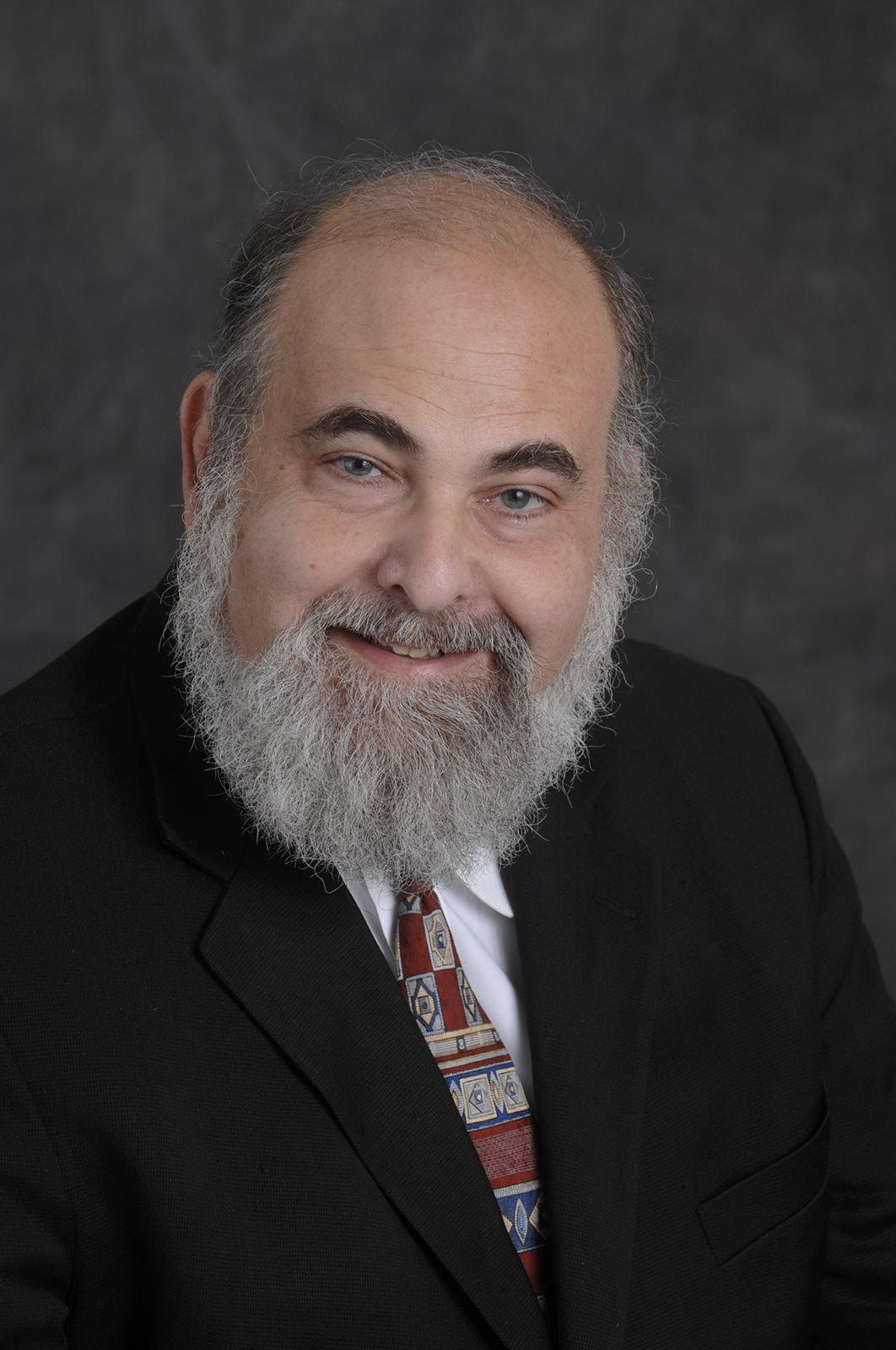‘Czar of pot’ professor emeritus dies at 68, remembered for public policy expertise

(Courtesy of UCLA Newsroom)
By Kate Nucci
Aug. 5, 2019 12:36 a.m.
Rosanna Smart emailed Mark Kleiman, known in Washington, D.C., public policy circles as the “czar of pot,” asking him to sit on her dissertation panel on marijuana legalization. He agreed.
Smart, now an associate economist at RAND Corporation, fondly described her first meeting with him a few weeks later. As she waited in the hallway before her appointment to defend her advancement-to-candidacy, she said a tall, rough-looking man appeared next to her from out of nowhere, holding copies of her presentation slides.
“The first thing he said to me was, ‘If you’re just going to try to estimate the effects of these laws, that’s a stupid question,’” she said.
Kleiman, a juggernaut of crime and drug public policy in the United States for decades, and UCLA professor emeritus in public policy, died July 21 of cancer and complications during a kidney transplant. He was 68 years old.
Kleiman was a brilliant, pragmatic and generous man who argued against mass imprisonment and suffered no fools, said former colleagues and students.
His reach was widespread, said Mark Peterson, a public policy, political science and law professor. Kleiman worked with the state of Washington to legalize marijuana, with the Clinton administration in matters of criminal policy and with the state of Hawaii to redevelop its police program.
Kleiman served as a faculty member at the Luskin School of Public Policy from 1996 to 2015. During that time, he taught classes on imperfect rationality, crime control policy and drug abuse policy.
Brad Rowe, a public policy lecturer, said he heard Kleiman speak the first day of Rowe’s master’s program and found his ideas so brilliant that he immediately decided he wanted Kleiman as his advisor.
“Anyone who encountered him (said he was) was just an incredibly bright and knowledgeable and broadly intellectual person,” Peterson said. “I always described him as a kind of Renaissance intellectual.”
But he had little patience for unprepared researchers, said Peterson, Smart and Rowe.
“He had a very authoritative voice. He didn’t mince words. He didn’t hesitate to tell people his opinions,” Rowe said. “It definitely made people sort of think twice about coming to Dr. Kleiman without having their facts straight.”
Kleiman insisted that good public policy research required its researchers be willing to ignore their personal biases, Rowe said. He said he learned the difference between advocacy and researched public policy from Kleiman.
“You could bring good policy analytics and methodology and thinking to an advocacy movement, and it should be a part of that work,” he said. “(But) you understand that in being passionate about things, we can have opinions about things, but that we’re not entitled to our own facts. “
Rowe recalled a student asking Kleiman to be his advisor for a policy project to place billboards up around Los Angeles to advocate legalizing marijuana.
Kleiman was famous for his research arguing for the federal decriminalization of marijuana, so students often made the mistake of reaching out to him for support on that issue, he said.
“Mark had a meltdown,” Rowe said. “He said ‘What … are the bases for this? Why would you want to do this? Who are you hoping to help and who’s going to be harmed by doing this?’”
He often attended conferences with Kleiman, Rowe added. They’d sit in the front row, and Rowe would watch panelists realize Kleiman was there and begin to tense up. They knew Kleiman would attack any poor arguments, he said.
“So he didn’t suffer fools,” he said. “But he did make some panelists, some presenters suffer quite a lot.”
But as a teacher, Kleiman always had time for his students and was dedicated to helping them learn, Rowe and Smart said. Rowe said Kleiman would track down resources, grants and other mentors for students who demonstrated they were willing to put the effort into their research to meet his standards.
And in a policy field researched mostly by men, Kleiman advocated for women and supported their work, Smart said.
“He didn’t suffer fools,” Smart said. “But in that respect, I feel like he didn’t judge people based on … gender, race, ethnicity, age. He just really respected intellectual curiosity and skill.”
As a mentor, Kleiman was very patient, Smart said. She said he would print out copies of her paper and work with her through her writing line by line, asking her questions and guiding her without giving her the answers.
Even after Smart completed her dissertation and Kleiman left UCLA, Kleiman still had time for her. He would email her offering to edit any writing she was working on, she said.
One day he sent her a package with material he said would help her write, Smart said.
“Inside it was one of those paddleball and then one of those ball-in-the-cups games where you throw the ball out and it comes back in,” she said. “I don’t know if I ever figured out exactly what he was trying to teach me. But it really touched me.”
Even just engaging with Kleiman was an education for students, Peterson said.
He described a memory he considered characteristic of Kleiman: Students who had finished their written dissertations would then present them orally to the entire faculty department.
Among students there was the “dreaded Kleiman moment,” during which Kleiman would raise his hand and eventually be called on by the student-presenter, Peterson said.
“And (Kleiman) would have a question that was very penetrating, and require (the student) to be really on top of their research,” he said. “And so you would joke about someone who asked a penetrating question, ‘That’s the Kleiman question.’”

